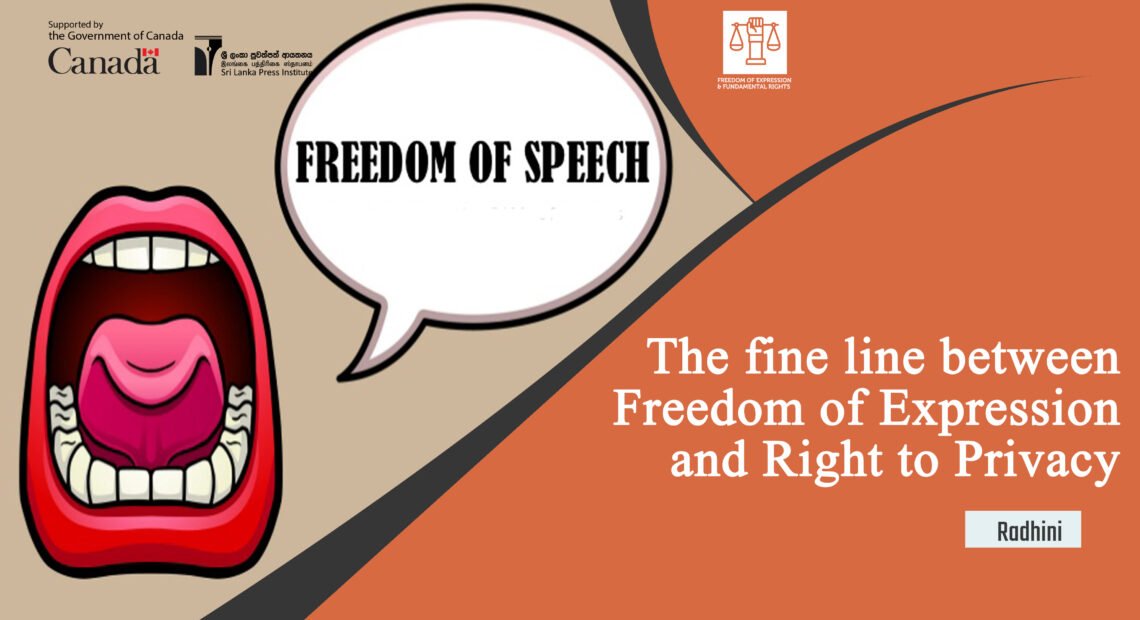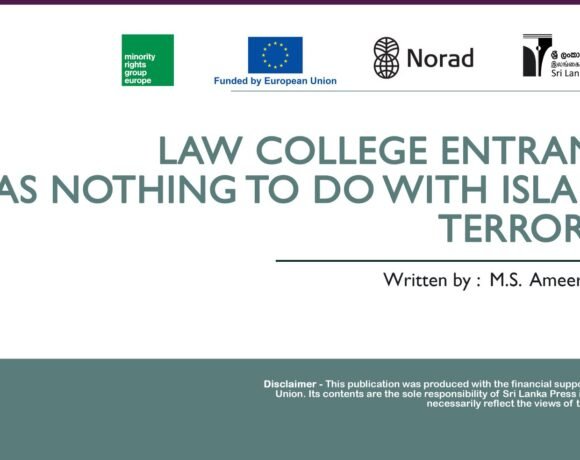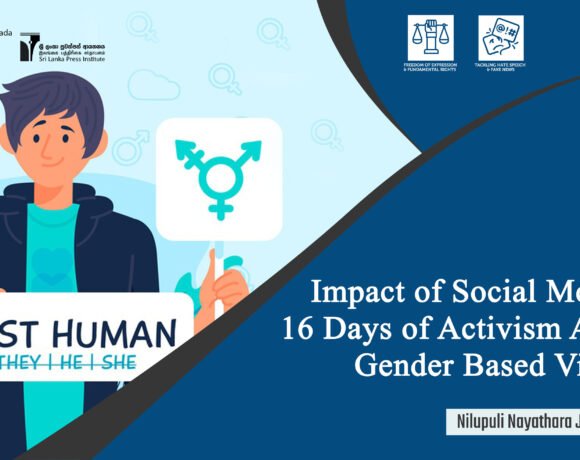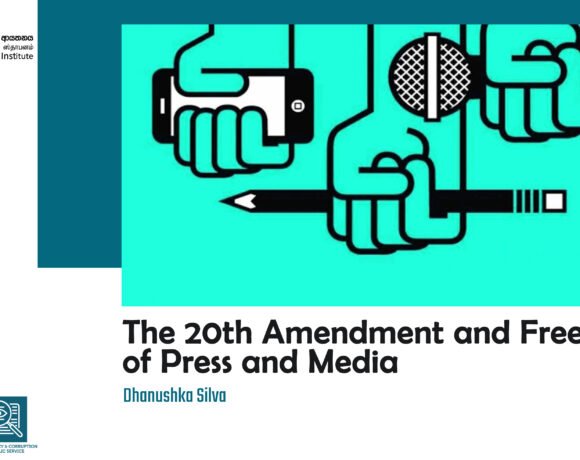
The fine line between Freedom of Expression and Right to Privacy
Radhini
The right to freedom of expression, since its indoctrination in the Universal Declaration of Human Rights in 1948, has been universally accepted as a feature of a democratic society. It can be argued that human rights have been at the core of some of the world’s most progressive movements which brought about crucial and necessary change to society. Not surprisingly, it has even been described by some as a weapon. That being said, it is not uncommon in litigations to find freedom of expression locking heads with other fundamental rights such as the right to privacy and dignity. For us, Sri Lankans, freedom of expression is guaranteed as a fundamental right in Chapter III of our constitution. The Right to Privacy is, however, is not. There have long been concerns regarding the lack of laws regulating privacy, this has not affected our courts which closely follow doctrines of South African Law. This is due to the fact that Sri Lankan courts in most cases when concerning delictual liability, follow precedents set by the jurisdiction of South Africa. This article examines how South African courts have overcome the confusing intersection between the freedom of expression and the right to privacy and how Sri Lankans can learn the same.
Have you ever thought that you have the right to say something about somebody even though it will damage their reputation? Or have you ever considered revealing something sensitive about someone that they wanted to hide from the public? In such situations, you may defend your right to free speech because you feel that your actions were for the greater good. In other words, you feel that your freedom of expression is worth more than the other person’s right to privacy or dignity.
South African courts have accepted that in democratic societies, the law of defamation (or the law protecting one’s good name) lies where the freedom of expression and the protection of reputation meet. It is a sort of intersection where the resulting judgment may cause one fundamental right to prevail over the other, and this is a complicated issue; an official ranking of fundamental rights according to importance does not exist. Therefore, courts have produced boundaries for the operation of these rights, most notably in defence of defamation. As Sri Lanka does not have an adequate framework for discerning freedom of speech for public benefit from actual defamation, the following guidelines recently provided by South African courts are of great assistance in filling gaps in our law of delict.
Among the many defences for defamation, one is related to injuring a person’s reputation or impinging on their privacy due to the power of fair comment. Freedom of expression is at its strongest in this defence. It safeguards the right of any citizen to give his or her honest opinion, however wrong, exaggerated or biased it may be, on a matter of public interest. What constitutes fair comment has been delineated by South African courts under Roman-Dutch Law and is limited to comments or opinions and not a statement of fact. In order to decide this distinction, courts resort to the test of the reasonable man. The material, therefore, is categorised according to the view of the ordinary reader, and phrases like “in my view” or “in my opinion” can be indicators of commentary and not a statement of facts. However, the comment must be based on facts that are for the most part true, and it must be related to a matter of public interest. Lastly, the comment must be fair in that it must not be made with malicious intentions. Many Sri Lankan defamation cases have closely examined the last requirement, especially in situations where the publication concerns a figure with ties to the government.
The above guidelines need to be understood and adopted by Sri Lanka at a personal and judicial level. It is vital that all facts of each case need to be carefully considered and their defences scrutinised in order to avoid judgments which insinuate prejudice towards one fundamental right over the other. The lack of privacy laws in Sri Lanka should not be seen as a scapegoat to abuse the power of freedom of speech. On the opposite spectrum, the inadequacy of laws should not curtail the public from expressing fair opinions due to the fear of being sued for defamation. The borrowed guidelines from South African courts arguably seek to allow the defendant to observe if his or her justification falls within the four prescribed limitations, thereby assisting in filling in loopholes in the existing Sri Lankan law of defamation.








